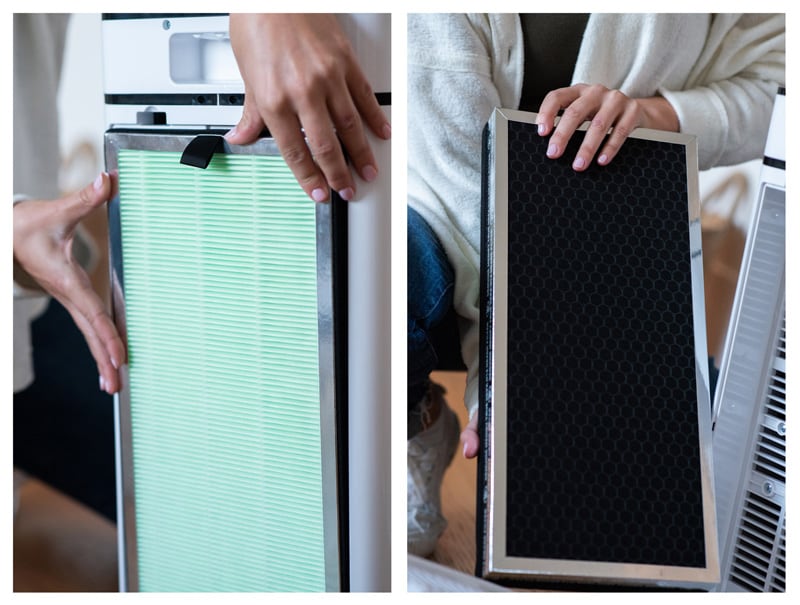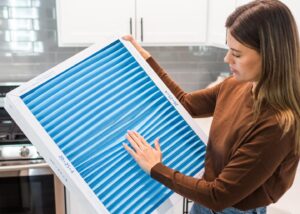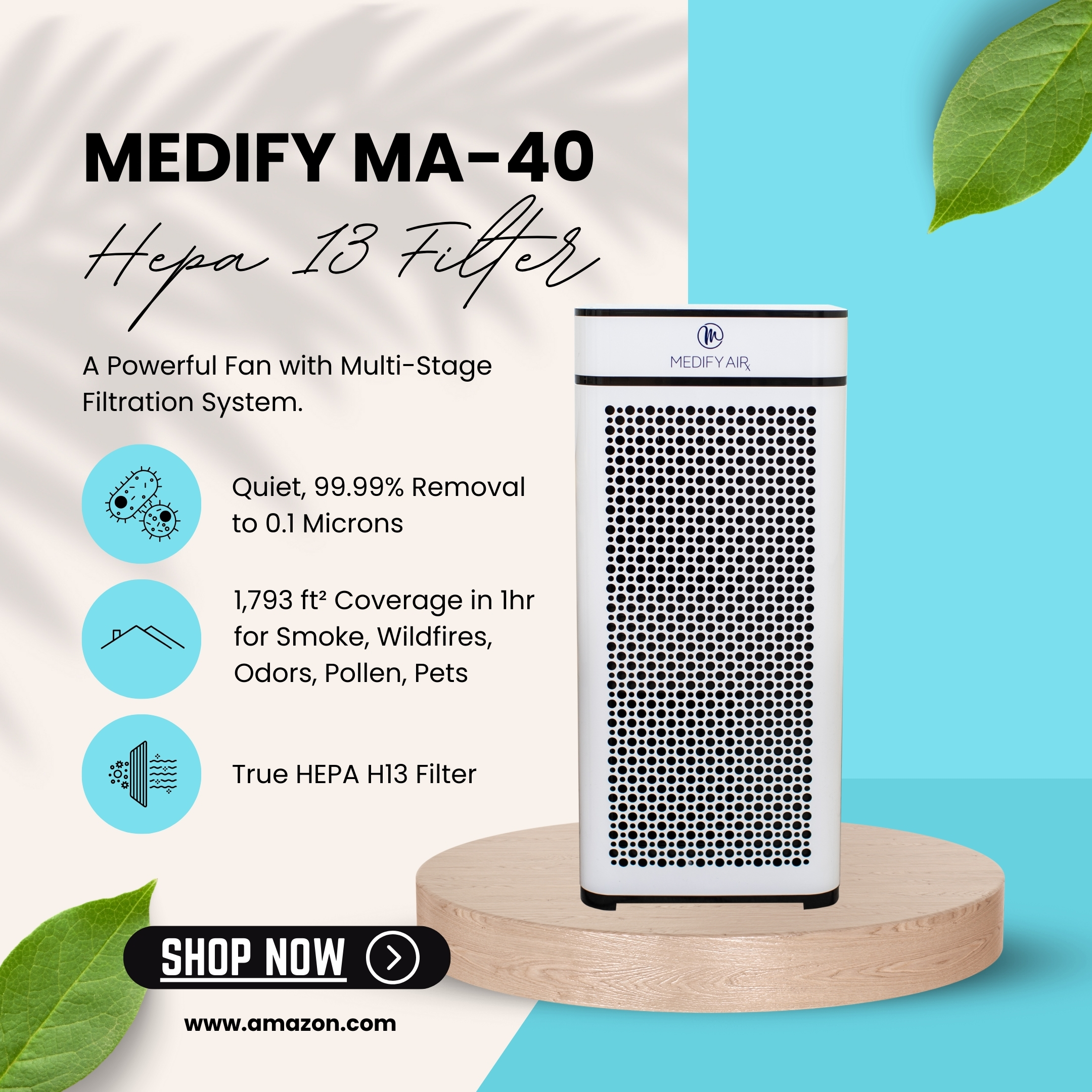Never Vacuum A HEPA Filter

The Risks of Cleaning a HEPA Filter
Stephen Fontaine, an expert in indoor air quality, emphasizes the crucial role of HEPA filters in maintaining clean and healthy indoor air. Contrary to common misconceptions, Fontaine strongly advises against attempting to clean a HEPA filter. Cleaning these filters can lead to irreparable damage to the delicate mesh of fibers, thereby compromising their efficiency. Furthermore, the cleaning process may reintroduce pollutants into the air, potentially posing health risks to occupants. Fontaine emphasizes that the primary purpose of HEPA filters is to eliminate harmful indoor air pathogens such as mold, pet dander, and airborne particles that can exacerbate respiratory conditions like asthma.
Why Cleaning a HEPA Filter is Not Recommended
Fontaine elaborates on the reasons why cleaning a HEPA filter is discouraged. Not only does the cleaning process risk damaging the filter’s intricate fiber weave, but it also introduces airborne pollutants back into the living space, defeating the purpose of using a HEPA filter. Additionally, individuals attempting to clean these filters may inadvertently inhale pollutants, triggering allergic reactions or other health issues. Fontaine also highlights the necessity of using specialized equipment to clean HEPA filters and emphasizes the importance of ensuring the filter is completely dry before reinstallation to prevent mold growth.
The Potential Consequences of Cleaning a HEPA Filter
Fontaine delves into the potential consequences of cleaning a HEPA filter, emphasizing that even if manufacturers label a filter as washable or permanent, there are no standardized methods for effectively cleaning these filters. This lack of uniformity raises concerns about the filters’ post-cleaning performance, as there is no definitive evidence supporting their continued effectiveness after cleaning. Fontaine stresses that maintaining the integrity of a HEPA filter’s frame is equally crucial, as compromised frames or gaskets can allow unfiltered air to bypass the filter altogether.
Get a Free Indoor Air Quality Consultation Today
Ensure a Healthier Environment for Your School or Office!
Related Posts:

Is Your Newborn Breathing in Toxic Mold at Home?
Is Your Newborn Breathing in Toxic Mold at Home? This article is featured in: Imagine bringing your newborn home, only

Classrooms Are Running Out of Time to Improve Indoor Air Quality in 2024
Classrooms Are Running Out of Time to Improve Indoor Air Quality in 2024 In 2024, the urgency to address indoor

Importance of Consulting an Expert for a HEPA 13 or 14 Filtered Air Purifier
Importance of Consulting an Expert for a HEPA 13 or 14 Filtered Air Purifier Indoor air quality is a significant
Adherence to Guidelines from:
- World Health Organization
- CDC
- EPA
Expert in the field of IAQ
Our seasoned advisors provide trusted solutions to secure your family's or employees' health.
Each case is handled alone
Personalized approach to address your specific air quality needs effectively and efficiently.
Chat with an expert any time
Access our expert advice whenever you need it, ensuring continuous support for your air quality concerns.
Helped install 1.2 Million air purifiers
Proven track record of enhancing indoor environments with our comprehensive air purification solutions.







